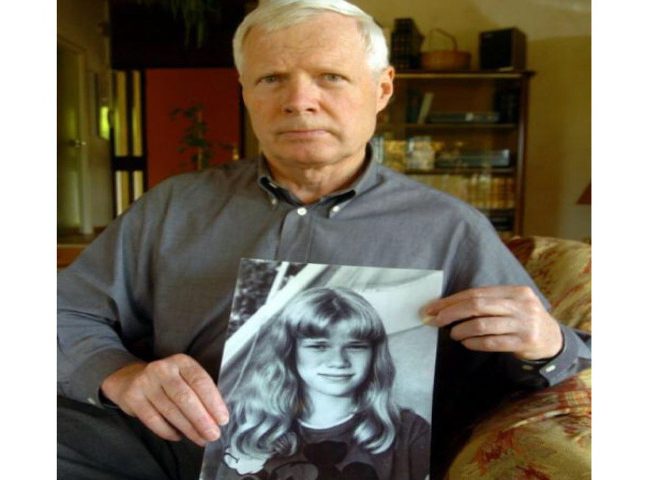
La luta Continua
June 21, 2017
Initial Response of Satish Sekar to the Report by Richard Horwell QC
July 27, 2017by Satish Sekar © Satish Sekar (June 19th 2014)
Not an Answer
A father determined to get justice for his daughter refused to take no for an answer. Convinced that 14 year-old Kalinka Bamberski had been drugged and raped by her step-father Dr Dietrich Krombach, which resulted in her death, her father André refused to accept the German authoritiesʼ decision that there was not enough evidence to prosecute Krombach.
The doctor was later struck off and given a two year suspended jail sentence in 1997 for drugging and raping a sixteen-year-old patient in his office – a crime he admitted and one that bore similarities to Kalinkaʼs fate 15 years earlier. In 1995 he was also convicted in absentia over Kalinkaʼs death in France, but Germany still refused to extradite Krombach claiming there was not enough evidence.
Justice
Bamberski continued to wait for justice for his daughter, but no progress came. Incensed Bamberski decided to take the law into his own hands. In 2009 Krombach, then 74 was delivered bound and gagged outside a French courthouse in Mulhouse – a city in Eastern France. He had been kidnapped from Germany and it had been organised by Bamberski.
Yesterday Bamberski was convicted for organising the kidnap, but was not jailed. Two others who executed the kidnap were jailed for a year. Krombach was convicted of causing Kalinkaʼs death – deliberate (or intentional) violence leading to involuntary death – and sentenced to 15 years imprisonment. In December 2012 Kromabachʼs appeal against his conviction was dismissed.
Yesterday Bamberski expressed disappointment over his conviction, but said that he would not appeal. He has no regrets over his actions, believing it to be a moral responsibility to obtain justice for Kalinka. He thought that he should have been acquitted on the kidnap charges because he said that he had a moral duty to do what he did.
It also raises the question of Germanyʼs failure to extradite Krombach for twelve years after his propensity to drug and rape female teenagers had been established. Franceʼs leniency over serious charges that carried up to ten years imprisonment recognises that here was a case where the law had been an ass, forcing a man who would never under normal circumstances have committed such an act to take the law into his own hands.
If Bamberski had not had Krombach kidnapped and delivered to a French court a disgrace to the medical profession would never have paid his debt for robbing a young woman of her dignity and indeed her life. Germany should review how it failed Kalinka Bamberski so badly and take steps to ensure that it never happens again.


